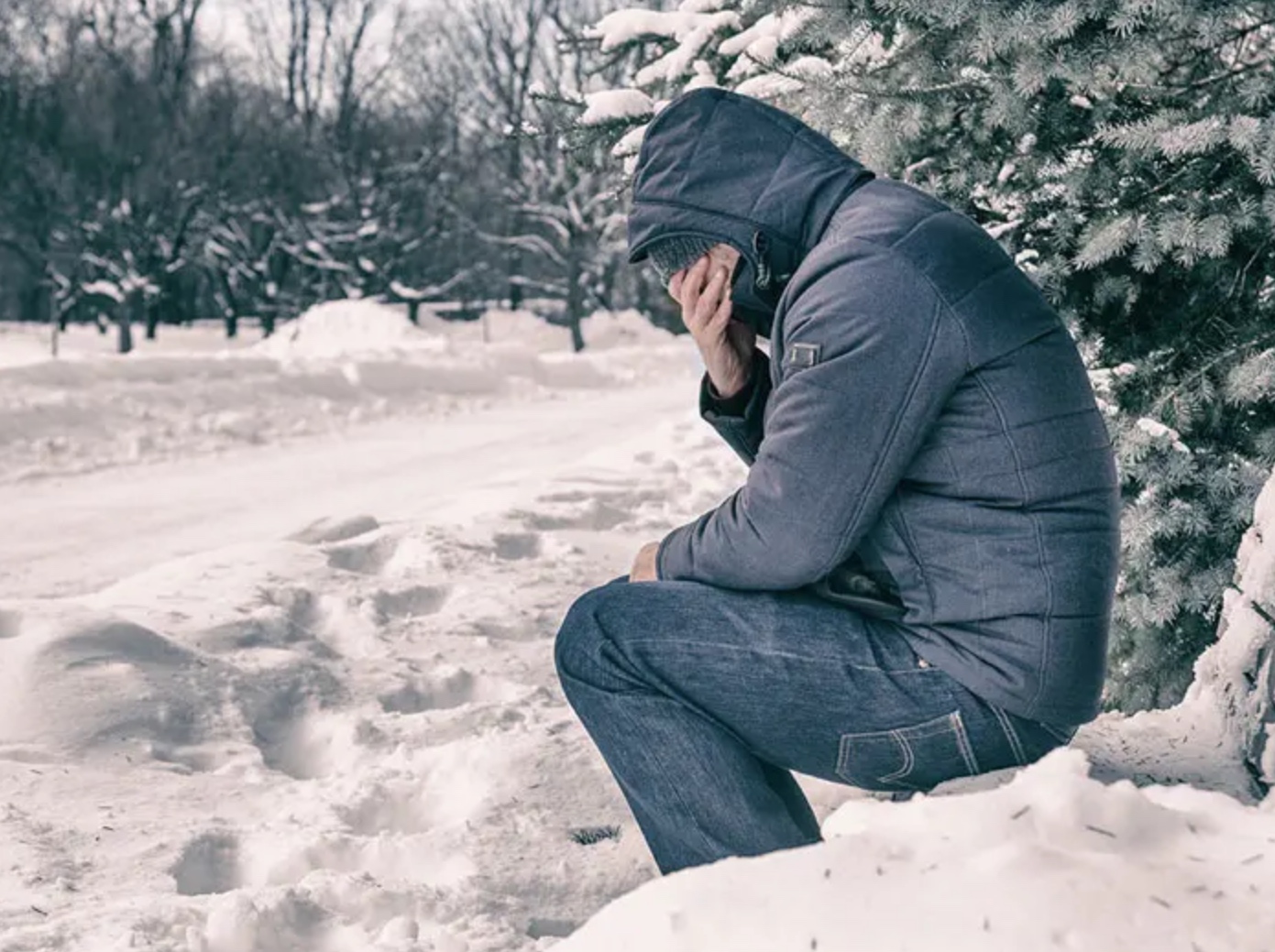Winter Blues Affects Millions
Gallery

One common experience for Michiganders is depression during the cold months.
Seasonal affective disorder, or SAD, has two parts: seasonal depression, which is more severe, and the winter blues, which is milder. According to WebMD, seasonal depression affects 11 million people in the U.S., while winter blues affects roughly 25 million people.
Many people wonder where they draw the line between sadness and depression. Besides asking a medical professional, a few signs could indicate depression. It boils down to functionality and how sadness affects major areas of your life. If you voluntarily avoid a social life, lose interest in hobbies, and miss work because of a negative emotional state, you could be experiencing depression. Other symptoms include less energy, thoughts of suicide, and trouble concentrating. These symptoms are especially prominent in northern states that see gray skies, feel cold temperatures, and where people can miss the bliss of sunshine.
Prevention is everything when it comes to seasonal depression. It’s essential to get exposure to natural sunlight, even if it’s gloomy outside. Even sitting by a window can be beneficial. With the power of social media, it’s very helpful to get involved in social support groups. Whether it’s a hobby or a mental health-focused group, the power of peers is undeniable. Better than a virtual setting, in-person groups can be even more helpful in creating connections. A healthy sleep cycle is essential for any time of the year, but sleep deprivation can increase the risk of seasonal depression. Lastly, finding a way to exercise consistently and eat a well-balanced diet may not solve every problem, but it certainly puts you in a position to fight seasonal depression.
What if you’re past prevention and you are currently experiencing seasonal depression? It’s time to explore treatment options.
According to WebMD, there is only one FDA-approved medication to prevent major depressive episodes in people with SAD called Bupropion XL. Doctors treat SAD like prevention by recommending getting outside early in the day to get more natural light. Low levels of vitamin D have been found in people with SAD, yet a lack of research rules out scientific certainty that dietary or supplemental increases of vitamin D can help relieve symptoms.
A popular and effective treatment is light therapy or phototherapy. WedMD says that this therapy stems from the idea that seasonal depression is linked to the natural hormone melatonin, which causes drowsiness. The body’s biological clock or circadian rhythm is affected when there’s less light in the colder months. To offset this, full-spectrum light has been shown to have an antidepressant effect.
This full-spectrum light works by shining a light that’s roughly 20 times brighter than normal room lighting. Beginners start with 10-15 minutes of exposure and increase to 30-45 minutes daily. It’s essential to consult with a medical professional before using this treatment to avoid any eye damage or further mental health problems.
It’s a common misconception to think that seasonal depression only exists in the winter months. Some people experience problems in warmer months with symptoms of appetite issues, trouble sleeping, or weight loss.
Associate Dean of Counseling at Henry Ford College, Dr. Ibrahim Atallah says there has been a 30 percent increase in anxiety and depression since the pandemic. This change has been most acute among teen girls, Native Americans, and those in the LGBTQ+ community.
He noted that gut health is a key part of a healthy mind. Keeping a healthy microbiome goes hand in hand with mental health. Yogurt or probiotic supplements are a simple way to achieve this. Unfortunately, caffeine can affect someone’s ability to deal with SAD. “As good as it sounds sometimes, at times it’s really detrimental. It could cause agitation, it could cause the stomach to be upset,” he said. Dr. Attallah also noted that if medication is a part of your treatment plan, check with your doctor about any supplements interfering with them.
Time Magazine interviewed happiness experts and came to a few conclusions. To start, acknowledging emotions instead of suppressing them is one of the most important lessons. Spending time with family outside of the household and spending time with friends outside of a professional setting were both important. Spending time in nature, meditating, praying, and pursuing hobbies like art, writing, music, or gaming were also listed.
Happiness seems to be fickle and fleeting, while depression seems to linger longer in the winter months. The reality is a lot of your feelings have been felt by others, treatment options are readily available, and most importantly, you are not alone!
Whether symptoms are mild or severe, another opinion doesn’t hurt. Talk with your primary care physician or a mental health professional about recurring symptoms during certain seasons. Contact the Henry Ford College Counseling office at (313) 845-9611 if you’re having symptoms of seasonal depression. Counseling sessions are free to all students and are facilitated by professional social workers and therapists.
